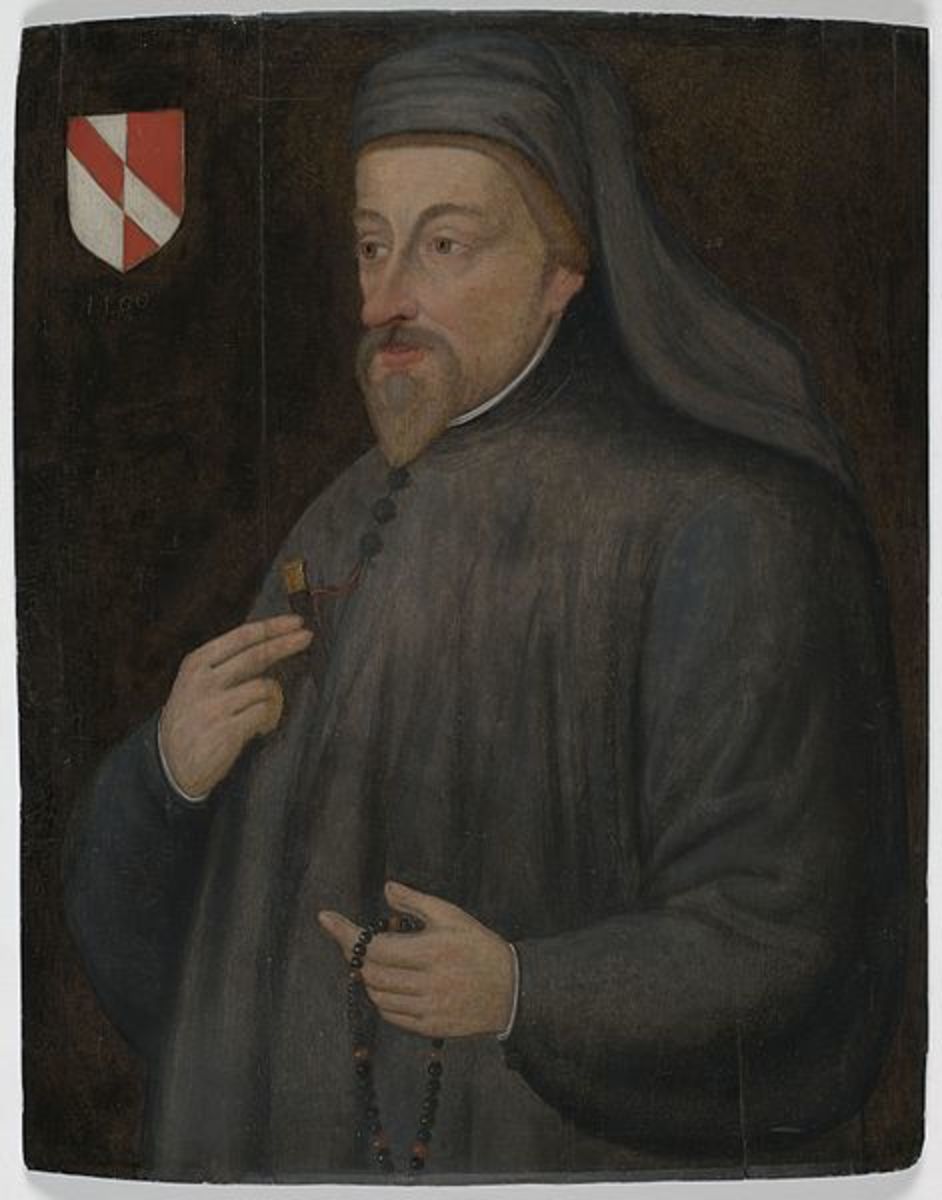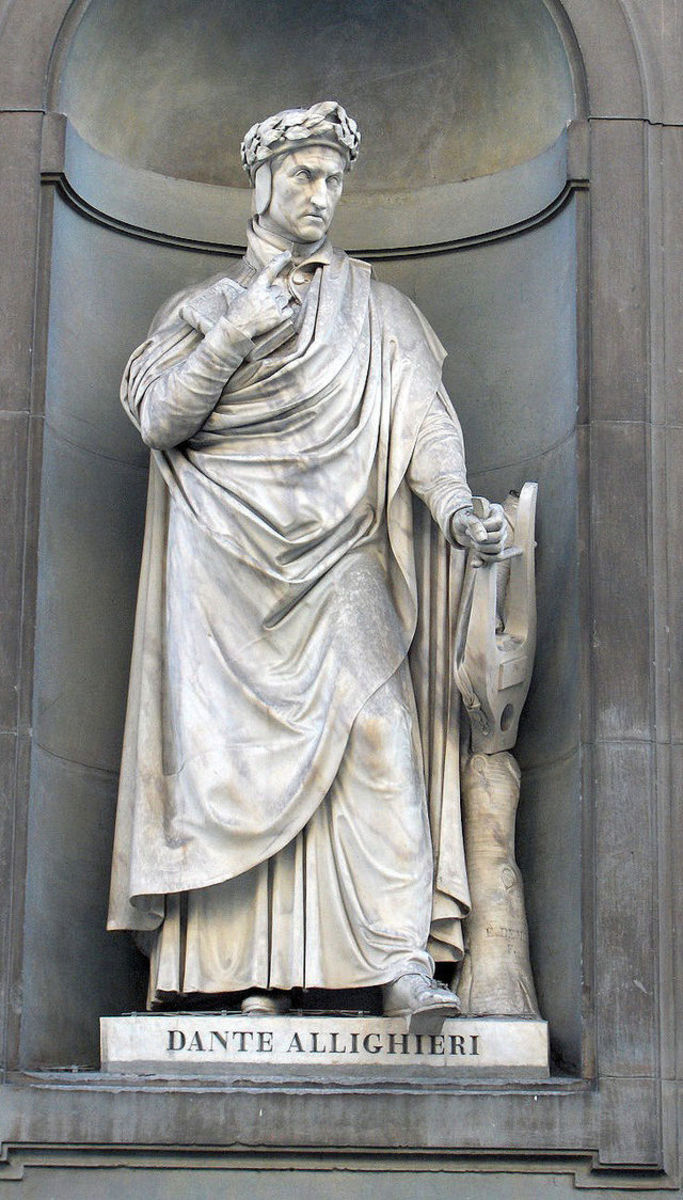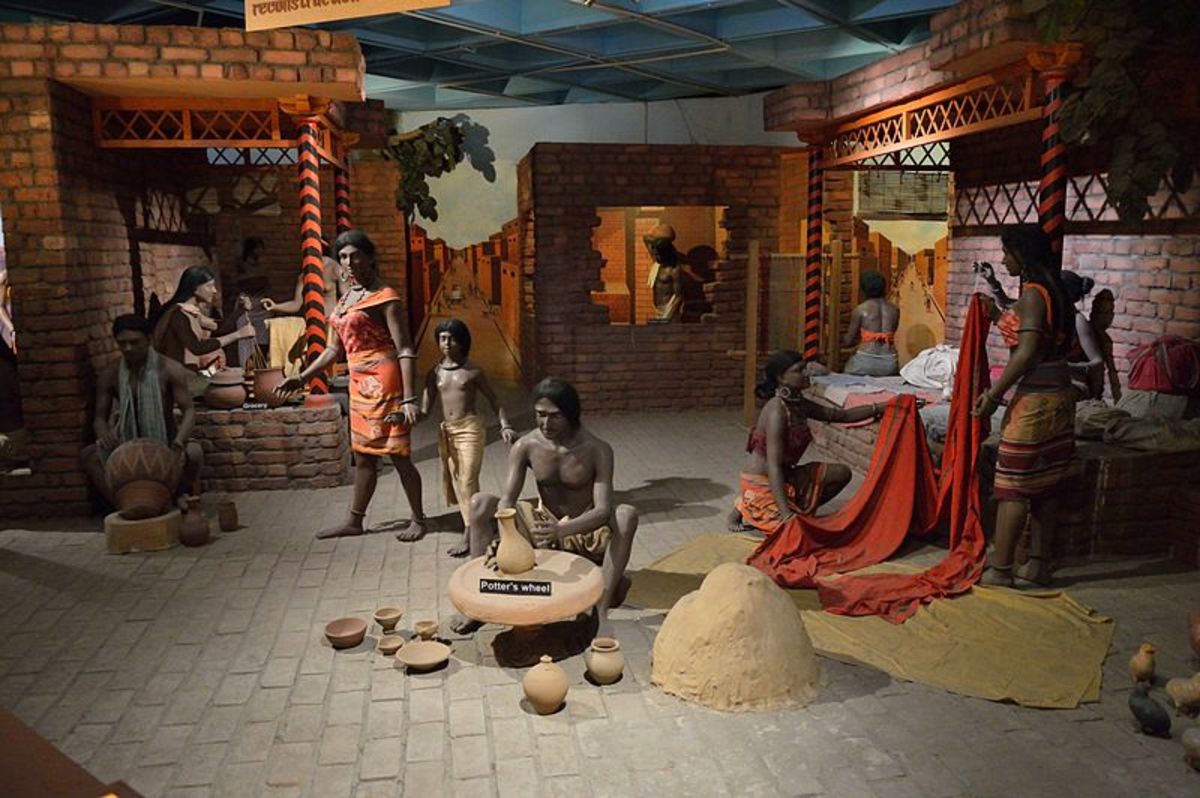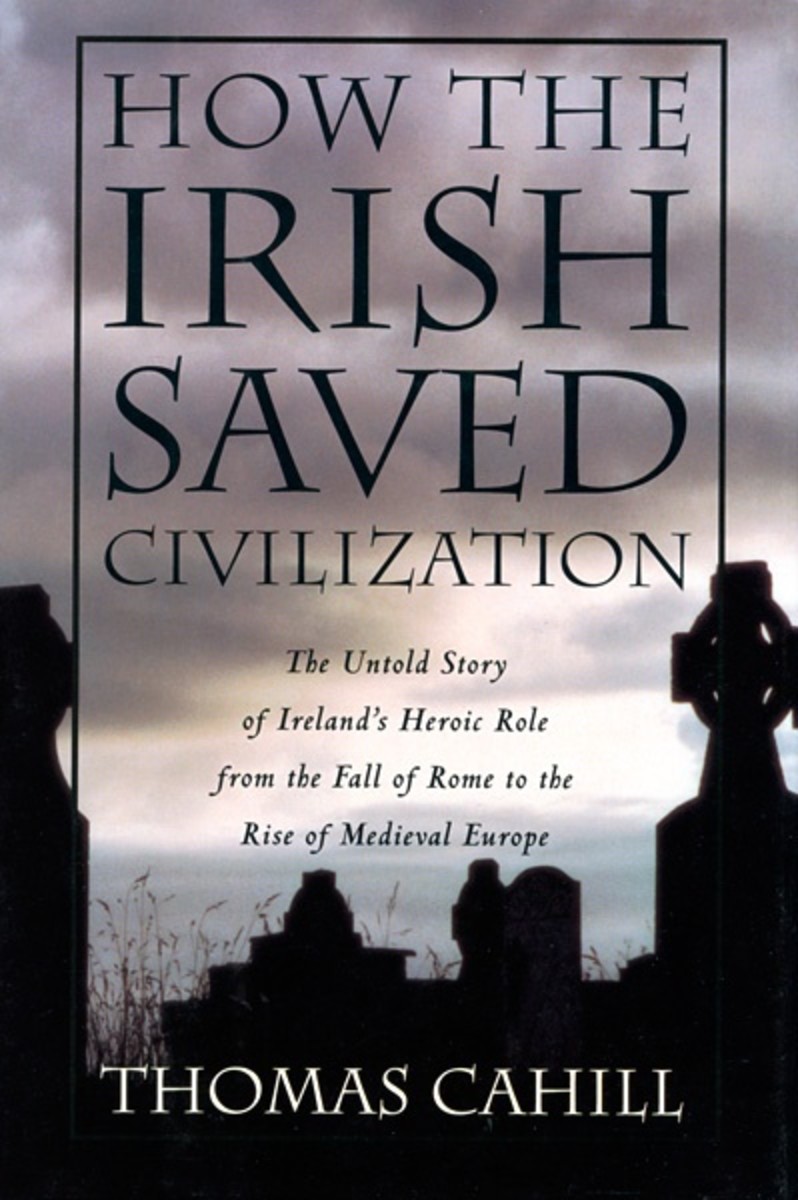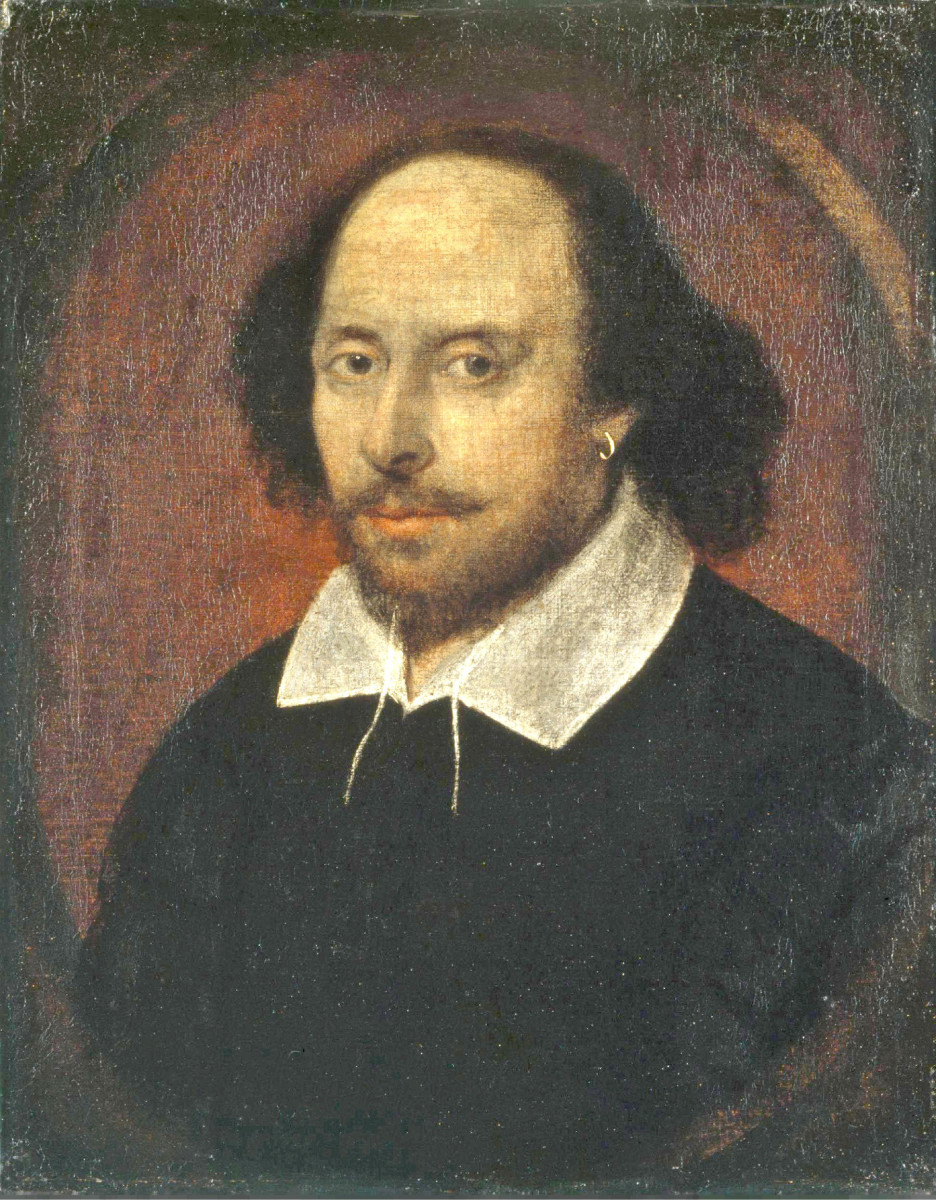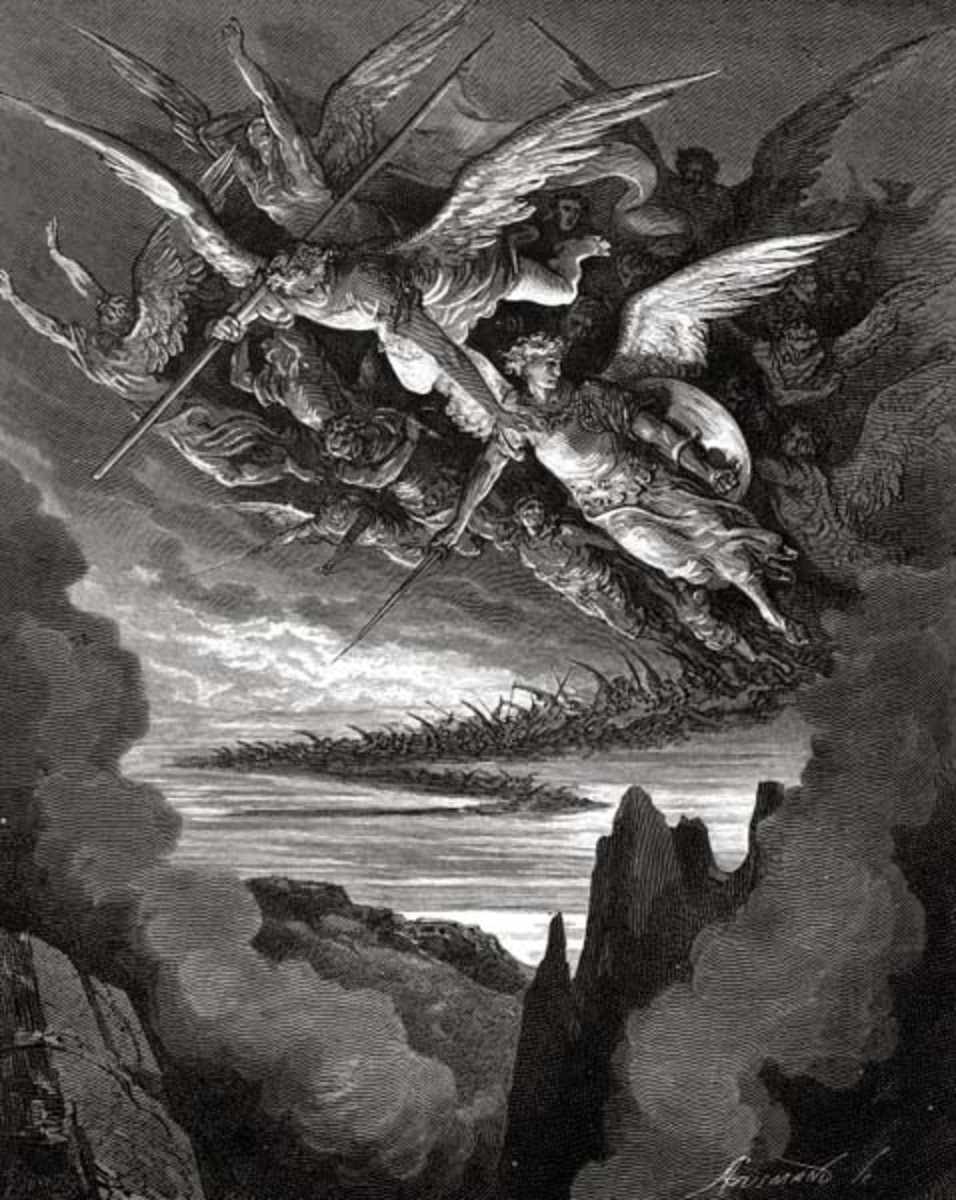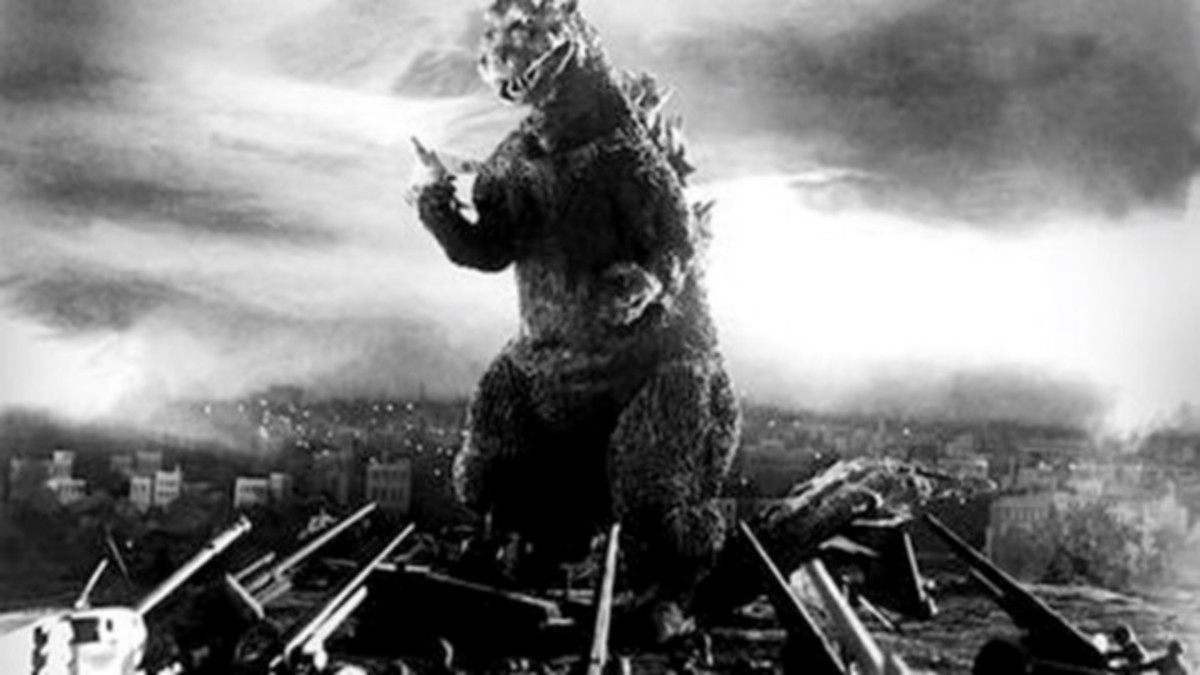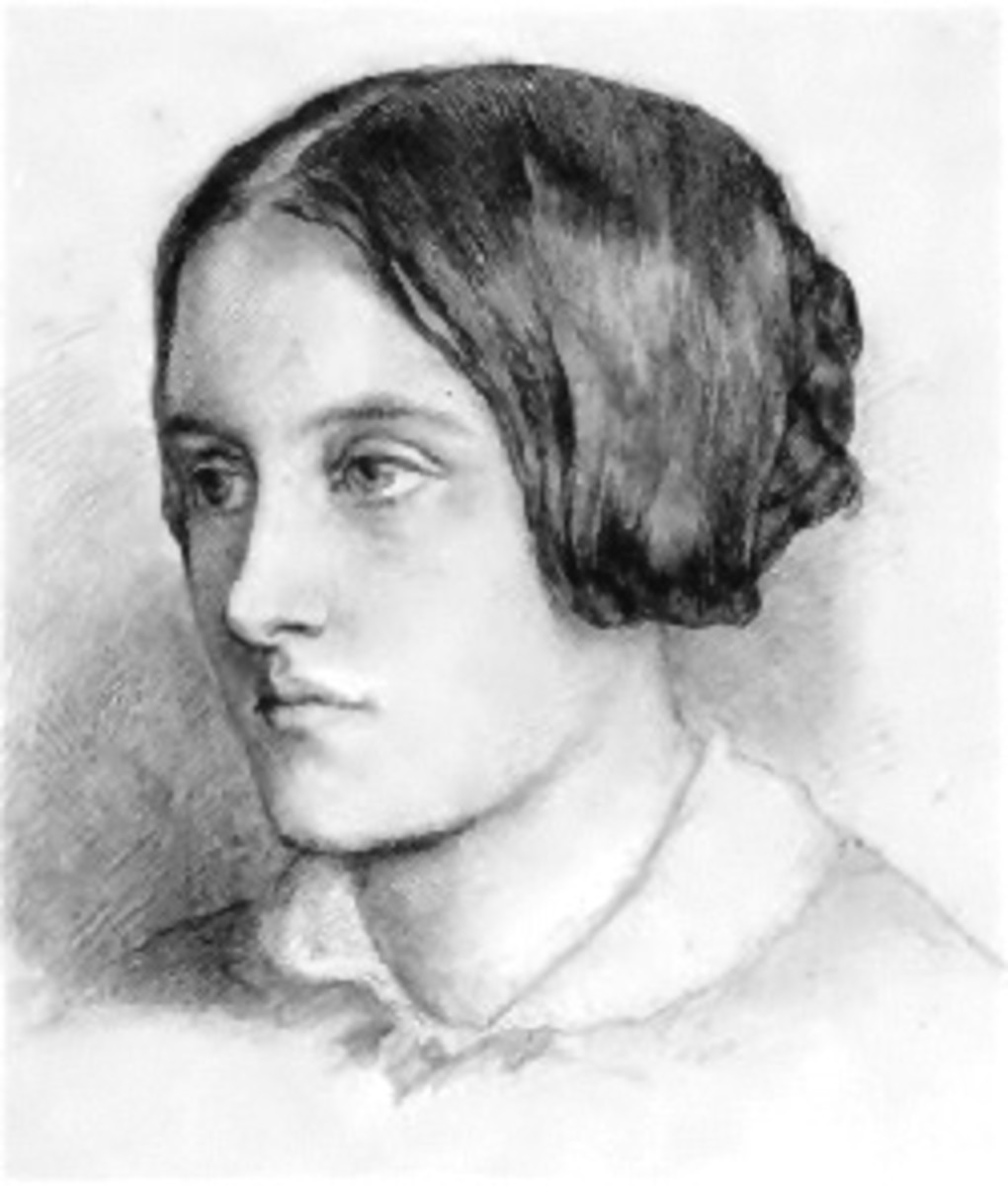Why Gibran Khalil's Work Are Related to Western Literature
Many in the Arab world hold the opinion that Arab literature is totally independent and autonomous but this fact is disproved by the life and works of Gibran Khalil. Khalil’s life revolved around two different worlds which had a profound bearing on his works. He was born in Lebanon but grew up and worked in the Western world. It is fair to say that his literary work was greatly influenced, not by his Arabic ancestry, but by the Western civilization where he grew and got his education. Some of his literal pieces like ‘The Broken Wings’ and ‘A Tear and A Smile, for instance, are greatly Western-oriented and show little or no Arabic inclinations. His works were greatly inspired by his mother who played a great role in the development of his intellectual and literary capabilities. Unlike in Western civilizations, women in the Arab world have no role to play in matters of education and this fact alone shows how the Western world had a tremendous influence on Gibran Khalil. He used his mother's death as the motivating factor behind writing his first book. This points to the fact that literature does not work in isolation, but is in fact it is all-embracing and explorative. Western literature and civilization had much influence on this Arab maestro in literature.
The delivery of message and content in Arabic literature is borrowed from the Western world if one has to use Khalil’s work as a case in point. It is true that Arabic literature has been uninfluenced for quite some time, but it has not escaped the pervasive influence of Western literature in some aspects. Jabra, in his contributions to the journal of Arabic literature, argues that the interaction between Arabic and Western literature has resulted in the emergence of modern Arabic literature which has overtaken classic Arabic literature in terms of dominance.
Gibran Khalil’s Life and Works and its Influence on Western and Arabic Literary Conventions
Gibran Khalil’s ancestry and works in Arabic formed his literary foundations. He started out contributing articles to a popular Arabic language newspaper in New York known as Al-Mohajer (The Immigrant). This refined his Arabic writing works and prompted him to start writing books in Arabic. As one of the upcoming Arab American writers during his youth, Khalil contributed immensely to the Arabic literary renaissance. This movement, which had other renowned revivalists in the Arab world like Khalil Mutran and Butrus al-Bustani among others, were very much attracted to English Romanticism in Western Poetry. Living in the West had an influence in their writings especially in their endeavor to completely revolutionize the classically conservative Arab literature. This was a far cry from this conservatism because they represented change and freshness in the Arabic literary world. They were free in their expressions and dynamic in their ideologies. They represented modernity in Arab literature and this gained so much momentum. They were the pioneers of modern Arabic literature which opened the Arabic literature to Western influence for the first time. It is fair to argue that Arab literature was, until this period of the renaissance, largely uninfluenced by western civilization. It remained in isolation and obscurity until the revivalists opened up its space. Modern Arabic literature, as is it known, is large as a result of Western influence and has claimed its dominance in the Arabic literary world at the expense of the more conservative classic Arab literature. The revivalists introduced new ideas which were not in the latter. These ideas were basically in the form of prose and poems with themes like individualism, romanticism, humanism, and secularism among others.
Gibran’s mother was an independent woman who allowed him the freedom to discover the Boston world by himself. He mingled and explored the world of art and literature in Boston due to his curious nature which exposed him to the world of theatre, opera, and art galleries. This caught the attention of his teachers who discovered his artistic nature and tried to nature it. All these childhood experiences inculcated the Western culture into Gibran, who though being Syrian was slowly being converted into the Western literary conventions. His first writing experiences in English were undertaken by Mary as his consultant. He published his first original English book ‘The Madman; His Parables and Poems’ in 1918. This English book, not a translated account, exposed his works to the English readership who widely recognized and acclaimed his works as a Western writer. His original English works were more preferred by Western readers and critics more than his translated accounts. This represented a turning point in his career as a Western writer in terms of his writing style. In the course of his life and works, he came to know great philosophers and Romantic poets who had a huge impact on his contributions as a Western-styled writer. His stay in Paris as a phase of self-discovery and growth exposed him to famous Western writers like Tolstoy, Balzac, and Voltaire. His associations with Tolstoy and Rousseau had a profound influence on his writings. His life and works in the West had a great influence on Gibran as writings which hitherto were largely Arabic in style and language.
Evidence Showing the Influence of Western Literature on Gibran Khalil's Works
Gibran Khalil was one of the earliest personalities of the Mahjar literature who influenced both Eastern and Western luminaries and thinkers alike because of his philosophical thoughts which were evident in his writings. But what were the roots of his thoughts and writings and what influenced those writings? Evidence showing the influence of Western literature can be found in his works through a number of analogies from his associations with various Western thinkers and writers. Among the most notable is the theory of the Social Contract, Or Principles of Political Right that is associated with the French philosopher, Jean Jacques Rousseau (1712-1778). Gibran was impressed by this writings and worked on it in detail in his work on the Al-Mawakib. He does not cite Rousseau but his opinions are strongly influenced by the thoughts of Rousseau. In qasida Al-Mawakib, he calls man back to nature where nature is depicted as a womb that denotes happiness and power. These are opinions that bear a strong resemblance to Rousseau’s ideas on the Social Contract. Other stories like Yuhanna al- Majnun and Khalil al-Khafir are references from the New Testament and the Bible which gives hope for better times in society. In all of his work on these pieces, Gibran does not directly use Rousseau's ideas but rather he weaves them in after processing his personal thoughts and ideas. This is especially true when he talks about a man trying to destroy nature for the sake of exploiting other creatures through the domination of feudal lords. This is an unmistakable Rousseau’s thoughts and philosophies that cannot escape mention.
Gibran and William Blake (1707-1827) have a lot in common because he mentions the themes of dream, silhouette, and fog in almost all of his writings which are associated with Blake. Gibran just like blake believed that all religious laws should be abolished and a new moral order created. This is something no classical Arabic literature would dare engage in but it is something that Gibran brought into the Arabic literary world. Both of them believed that hearths precede reasoning and that madness is the ultimate level of reasoning. He named his piece of work Dam’a wa ibtisama (A tear and A Smile) from the inspiration he got from William Blake. All these Western evidence in his works are enough testimony of how the Western literary world has greatly influenced Arabic literature.
Conclusion
Despite the argument that the Western World has no role to play in the popularization of Modern Arabic literature, the life and works of Gibran Khalil reinforce the assumption that the Western world had much influence in the spread and growth of Modern Arabic literature.

